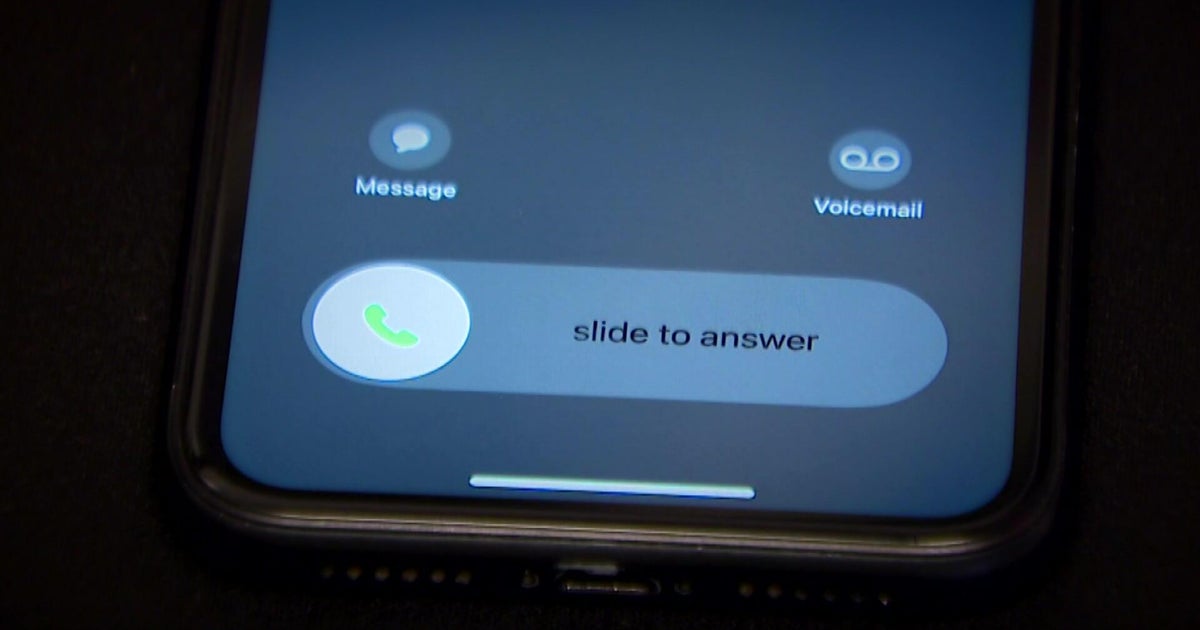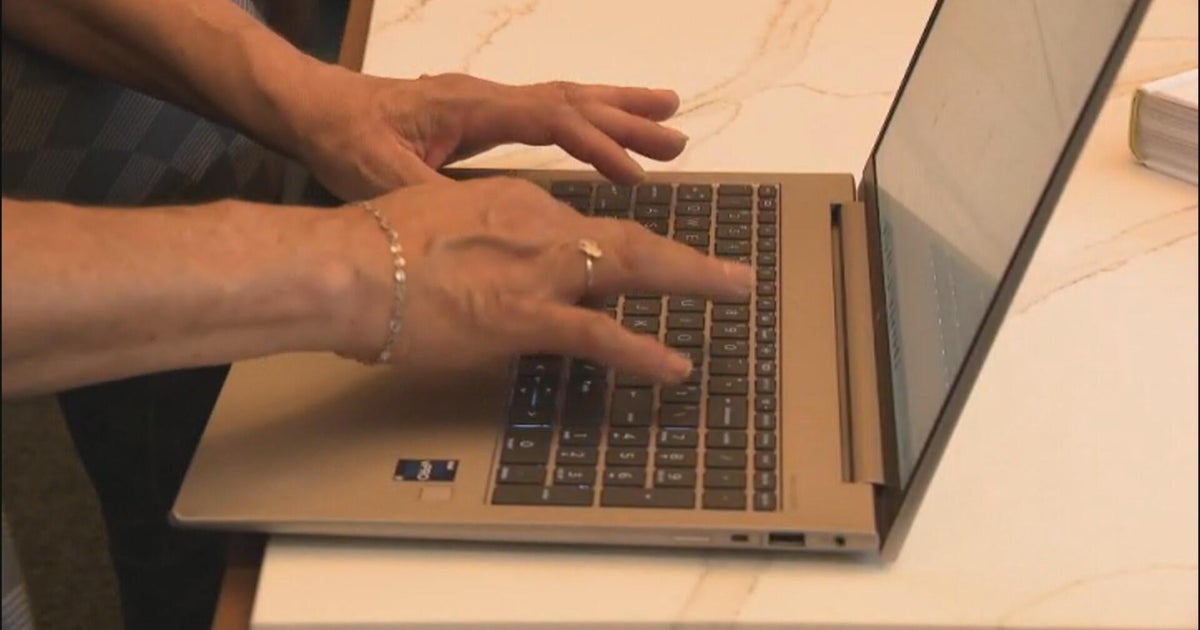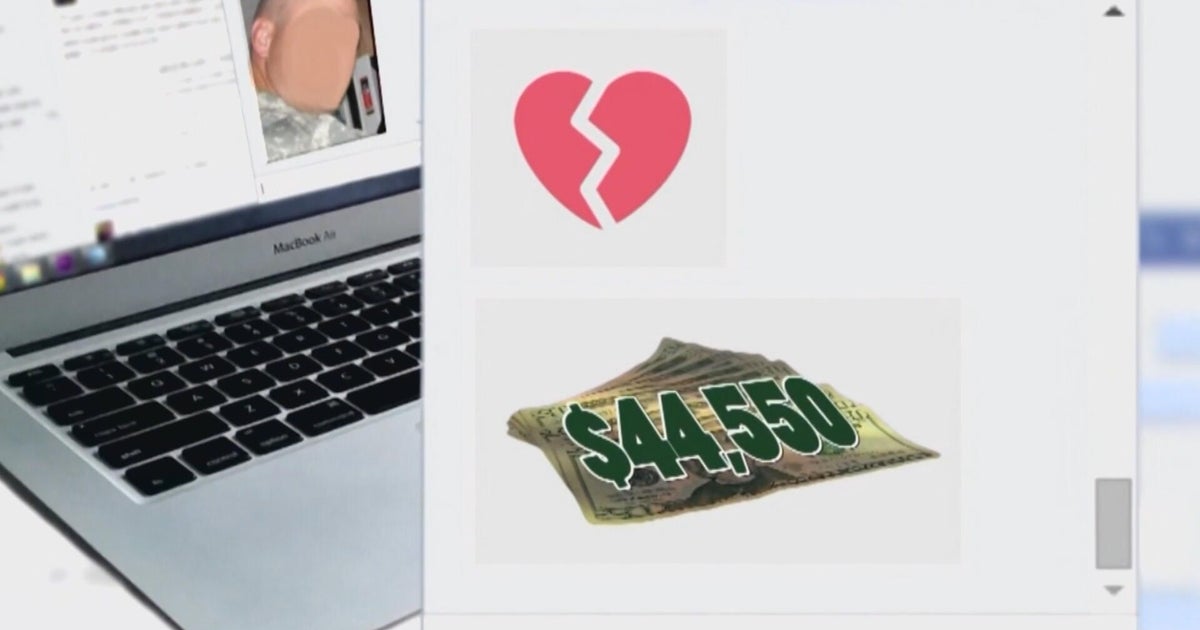Mackenzie Scott scam: Fraudsters are dangling fake donations in billionaire's name
If you or your organization receives an email from MacKenzie Scott, the billionaire ex-wife of Amazon.com founder Jeff Bezos, check it carefully. Fraudsters are sending out scam emails that claim they are distributing funds from Scott's foundation. In reality, the goal of the emails is not to distribute billions to charity, but to fleece victims.
The scam started surfacing after Scott announced in December that she had given away $4.2 billion of her fortune to more than 300 organizations, including food banks and other charities that help people in need. Ironically, one food bank in Arkansas, which had received an authentic email from Scott about a real donation, initially believed it was a scam.
That may have primed fraudsters to develop a phishing scam based on Scott's donations in the hope that some organizations would believe that they, too, are receiving valid emails, said Eyal Benishti, the CEO of tech security company Ironscales. About 200 of its customers have received the fake Mackenzie Scott emails, although none have fallen for the bait, he added.
"If Scott is sending out unsolicited emails to people and surprising them with this huge donation, then there is room for other people to believe they are as fortunate — and it all happened via email," Benishti told CBS MoneyWatch.
The scammers allege they are from the "MacKenzie Bezos-Scott foundation" and have selected the recipient for a grant. They ask the targets for their full name and address, and if the recipients reply, the scammers then ask them to send a small processing fee to unlock the grant. Of course, there isn't any grant — it's just a ploy to get the money out of the victims.
Scams have been on the rise due to massive relief programs such as stimulus checks and the Paycheck Protection Program, which has drawn out fraudsters trying to trick people into giving away sensitive data, such as Social Security numbers. Some people may be more susceptible to scams at the moment given ongoing levels of hardship due to the coronavirus pandemic.
Red flags
The fake Mackenzie Scott emails had a few tip-offs that they weren't real: First, the sender's name was shown as "Mackenzie Scott Grant," but the return email address was to the domain @mintme.com. Secondly, the emails had multiple grammatical errors.
Benishti recommends that anyone who receives an email purporting to offer money or donations call the organization to check that they sent it — and don't use a number that may be listed in the email. Instead, look up the alleged organization's number on your own to make sure you are reaching the actual purported sender.
"Don't trust the email as as source of communication — pick up the phone," Benishti said. "Normally Santa won't knock on your door and surprise you with a $10 million grant."



